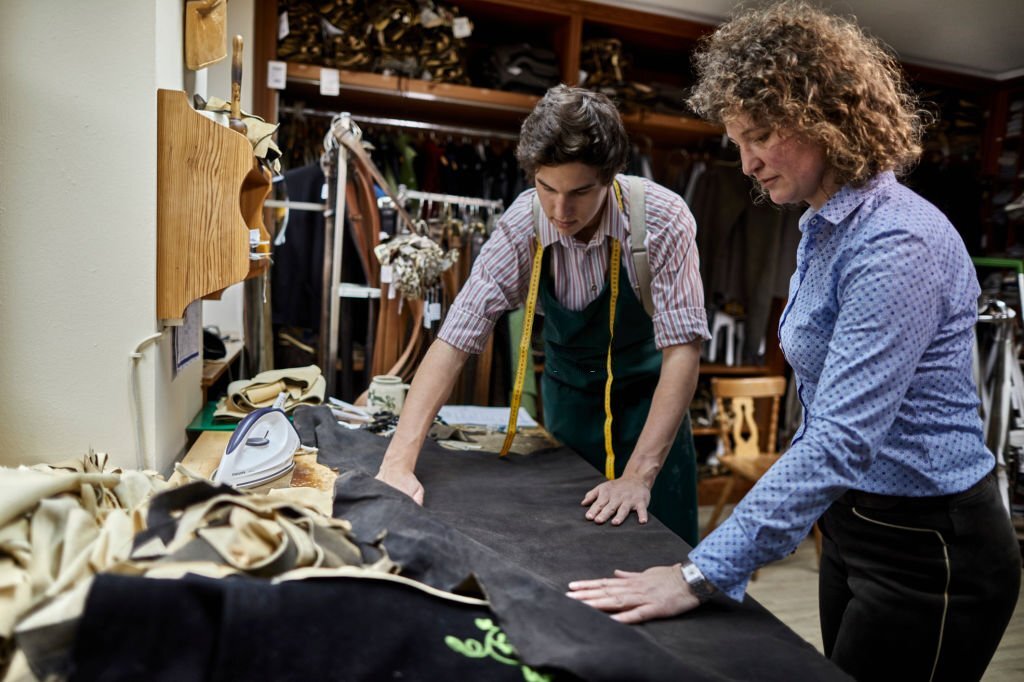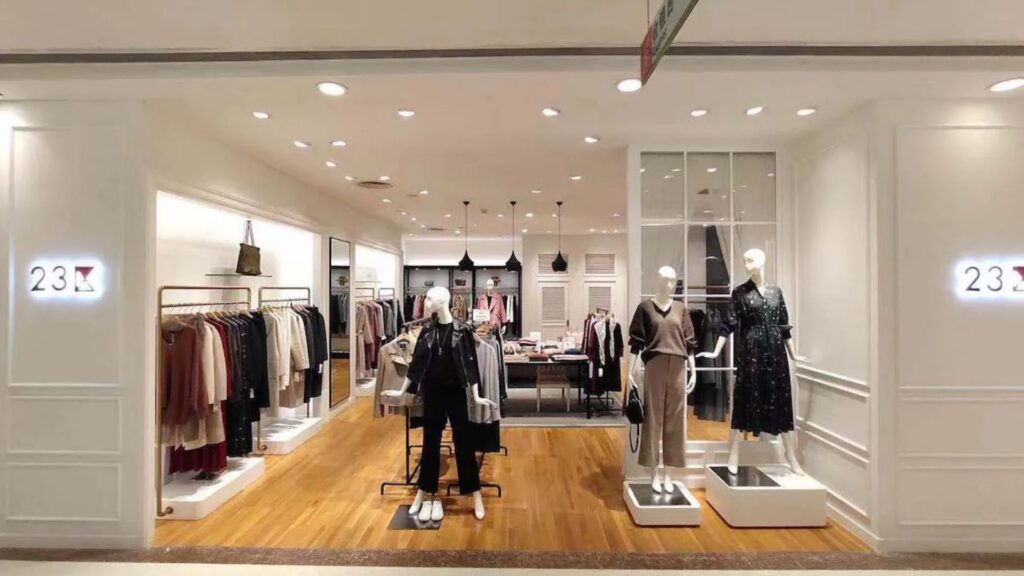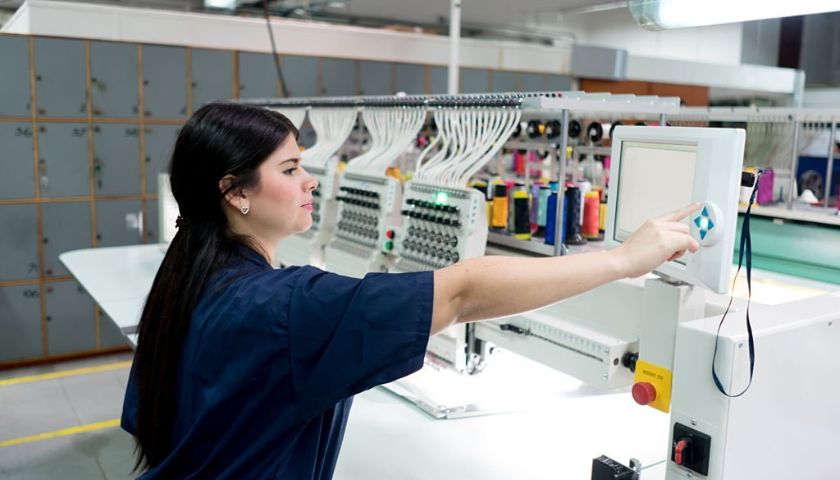Ownership and management are crucial in defining how a fashion factory operates. They directly influence business strategies, product offerings, and public perception. A clear ownership structure allows companies to align policies with market trends and maintain operational efficiency.
The Business of Fashion Factories
Understanding who owns a fashion factory provides insight into its management structure. Some factories are family-owned, while others are privately managed or part of large conglomerates. The fashion factory owner plays a vital role in setting business goals and ensuring smooth operations. Historical ownership changes can also impact the factory’s market presence.

When asked, “Who owns fashion factory?” it’s important to note that ownership often shapes customer expectations. A privately owned factory may focus on niche markets, while corporate-owned factories follow broader strategies. This diversity in ownership ensures a variety of operational models across the fashion industry..
>>> See more: Behind the Scenes: The Fashion Factory
Corporate Ownership of Fashion Factory
Corporate ownership impacts how fashion factories manage pricing and quality. The question, “Is fashion factory owned by Reliance?” often arises because of the brand’s growing market presence. Some fashion factories operate under corporate umbrellas, like Reliance, benefiting from better resources and supply chain integration.

If Fashion Factory is owned by Reliance, the association ensures smooth operations and competitive pricing. Corporate ownership also enforces strict quality control, allowing brands to meet high customer expectations. Understanding “What is Reliance Fashion Factory?” further clarifies how the parent company shapes its operational model and product offerings.
Ownership’s Impact on Brand Identity
Ownership plays a major role in shaping a fashion factory’s brand identity. Consumers often wonder, “Is Brand Factory now Fashion Factory?” due to recent rebranding efforts. Brand Factory and Fashion Factory are the same in terms of business model, focusing on affordable fashion for a wide audience.
Ownership influences branding by controlling how products are marketed and perceived. In some cases, ownership transitions lead to complete rebranding to match new business goals. The strategy behind rebranding affects public perception and enhances the factory’s ability to connect with different customer segments.

>>> See more: Fashion Factory Branding
From Unbranded to Branded Transformation
Many fashion factories are shifting from unbranded to branded fashion factory models. This transformation reflects ownership decisions aimed at curating diverse product lines. Fashion factory brands for less are part of this strategy, ensuring high-quality fashion remains accessible to price-sensitive customers.
Ownership also determines which suppliers the factory collaborates with, balancing branded and unbranded merchandise. This transition enables the factory to meet market demands without compromising on affordability. The role of ownership is evident in every step of this transformation.
>>> See more: Operations and Quality at Fashion Factory
The ownership and management of fashion factories directly impact their operational success. Whether independently owned or part of a corporate group, these factors shape product strategies, quality control, and brand identity. Future ownership changes will continue to influence the factory’s direction and market reach.
A well-defined ownership structure ensures that a fashion factory remains competitive in an evolving industry. As Fashion Factory expands under possible corporate influence, it will maintain its focus on affordable, high-quality products.


Fascinating insights on how ownership shapes the fashion industry! It’s intriguing to see how the transition from unbranded to branded products reflects changing consumer preferences. I’m excited to see how Fashion Factory continues to evolve under corporate management!
I appreciate the clarity on the relationship between Fashion Factory and Reliance! Understanding the corporate dynamics helps consumers make informed choices. It’s great to know that this backing enhances product quality and affordability!
The impact of ownership on brand identity is so crucial! I love how Fashion Factory is redefining its image and offerings. It’s refreshing to see a brand that prioritizes customer trust and loyalty while delivering stylish, affordable fashion!
The insights on how ownership influences brand identity are fascinating! It’s amazing to see how Fashion Factory is navigating the shift from unbranded to branded products while maintaining affordability. Excited to see what’s next!
I love how the article highlights the importance of corporate ownership in shaping product quality and pricing strategies. Understanding the relationship with Reliance really adds depth to the Fashion Factory brand!
It’s interesting to see how historical ownership changes affect a factory’s public image. Fashion Factory’s evolution is a great example of adapting to market demands while keeping customer trust at the forefront.
The shift towards branded offerings is a smart move! It not only attracts a wider audience but also showcases the brand’s commitment to quality. I can’t wait to explore more of their new collections!
Kudos to Fashion Factory for embracing a clear ownership structure! It’s reassuring to know that this enhances operational efficiency and customer satisfaction. I’m all for brands that prioritize transparency!
I appreciate the clarity on the similarities between Brand Factory and Fashion Factory! This rebranding effort really helps solidify their place in the affordable fashion market. Can’t wait to shop!
The article does a great job explaining the impact of ownership on operational success. It’s encouraging to see Fashion Factory focus on both quality and affordability as they expand. Looking forward to seeing how they evolve!